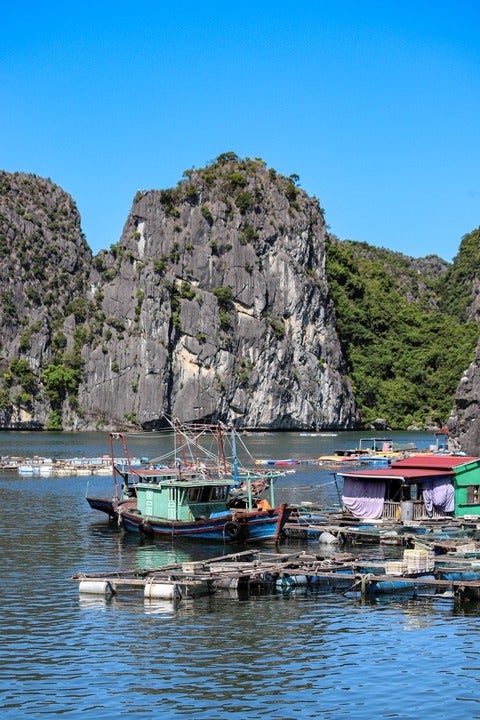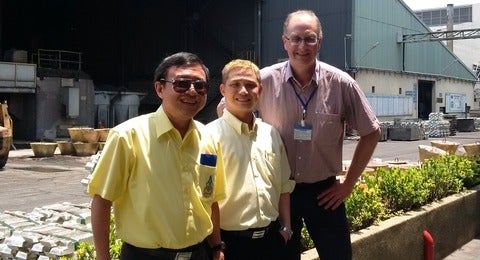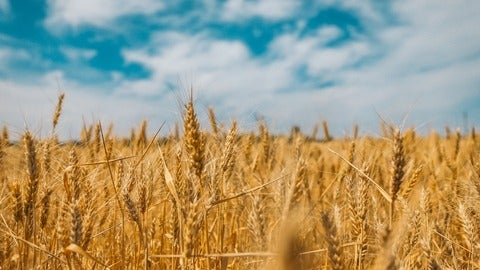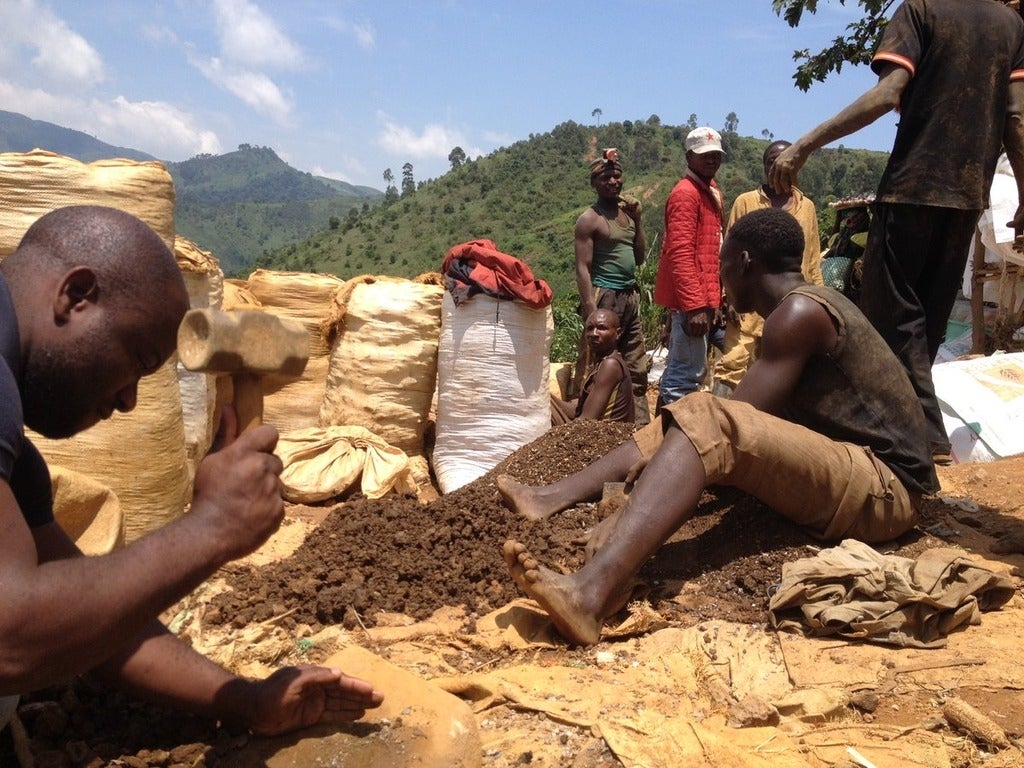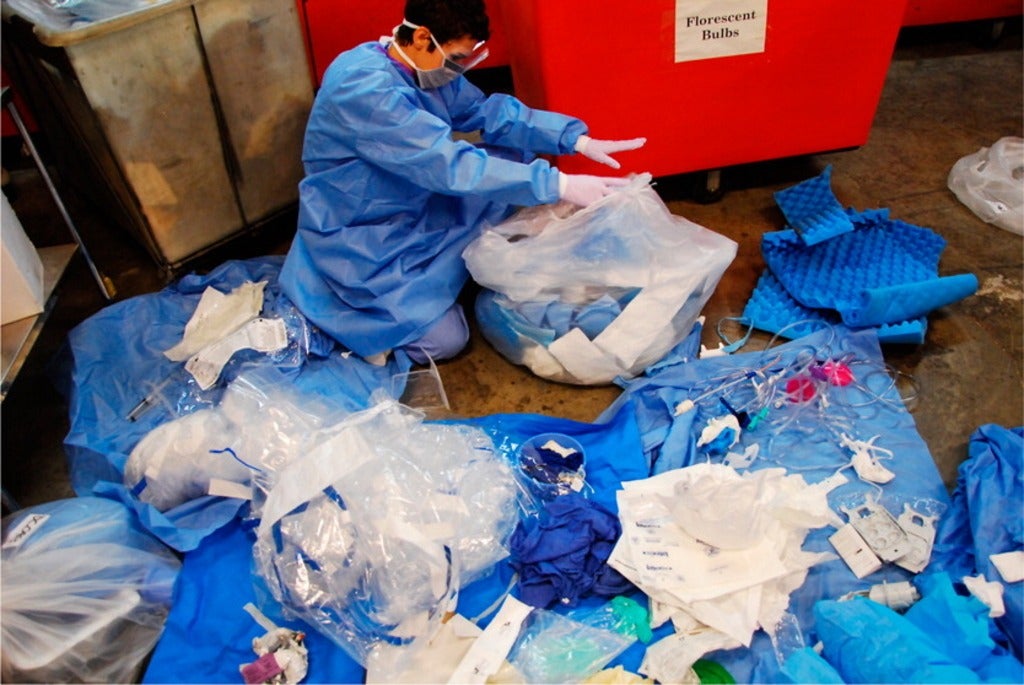WIEG researchers are generating life cycle assessment (LCA) datasets to evaluate the sustainability of battery materials and production processes.
Projects - search
Filter by:
Establishing resource efficient circularity pathways for urban mines of battery materials in Canada
RECOVER focuses on enhancing small islands’ capacity to adapt to climate change through more inclusive, and research-informed decision environments. Small Island Developing States (SIDS) are on the frontlines of climate change and need transformational adaptation strategies urgently. Three SIDS in the Asia-Pacific region will serve as “hubs of innovation” for scalable and systems-changing climate resilience approaches.
Illuminating global sources of minerals and metals for responsible sourcing. A data-driven transparency initiative for mapping and tracking responsible production and trade of minerals and metals.
MetaRisk-W frames the vulnerability of Small Island Developing States (SIDS) to water stress from the perspective of “metabolic risk”, defined as systemic risks associated with the circulation, integrity, and availability of critical resources in a socio-ecological system.
Through the link of existing software (HSC Chemistry, Granta Selector and openLCA), TripleLink will allow improvements to product-oriented assessment and the circularity of products. It will also provide the possibility to calculate resource indicators describing criticality from a resource-economic perspective and from a conflict perspective, with simple application and clear interpretation.
Smelters and refineries are central nodes in both primary and recycled metal value chains. We are developing a database that supports materials flow analysis, business analytics and metallurgical engineering knowledge to characterize metal processing, recycling capacity, and business capability -- in support of a circular economy for metals and more sustainable sourcing of primary materials in the 21st Century.
The overarching goal was to evaluate the potential for aquaponics to be a responsible and sustainable solution to maintaining Canadian food security. Specifically, this thesis aimed to identify environmental and economic barriers faced by small-scale Canadian aquaponics systems and provide options for reducing barriers and environmental impacts through the application of life cycle assessment (LCA) and life cycle cost (LCC) analysis.
Supporting small-scale fishers in their transition from vulnerability to viability.
Hosted by UN Environment
Critical review of existing methods for assessing impacts of mineral resource use in life cycle assessment (LCA); recommendations for application-dependent use of these methods and for future methodological development
Policy pathways towards achieving sustainable food security in an island state (Jamaica), 2019-2021
The aim of this project is to quantify the life cycle greenhouse gas emissions of major organic crops across Canada, and to understand the underlying factors driving these emissions.
Life cycle assessment of biobased materials and chemicals
As global consumption of resources and human populations increase, the search for energy and materials cause the “commodity frontiers” to expand.
Cascaded use and sustainable management of lithium-ion batteries from electric vehicles
Industrial ecology of "conflict minerals" - tin, tantalum, tungsten and gold (3TG)
Flows and drivers of electronics waste (e-waste) from mobile phones in British Columbia
Critical resources and raw materials use in vehicles; recycling and remanufacturing
Assessing priority utilization pathways for Canadian biorefining
Water metabolism, 2017-2018
Conducting Long-term Socio-ecological Research (LTSER) on the Greek Island of Samothraki to support a sustainability transition
Recycling as a strategy to mitigate environmental impacts and supply risks of energy critical materials
Advancing criticality assessment on a global level through workshops and joint publications
Educating people in industry and academia about sustainability of critical raw materials
Healthcare is a critical service sector with a sizable environmental “footprint”. Our research applies industrial ecology approaches to examine this area more systematically.
Developing efficient resource recovery routes from electronic waste
Projected global peak population and growing affluence are rapidly increasing pressure on agricultural production and undermining the ability of critical regional- and global-scale life support systems to sustain humanity. To ensure nutritional security and biophysical sustainability, we need to understand dietary patterns, their impacts and what can be done to shape them.


